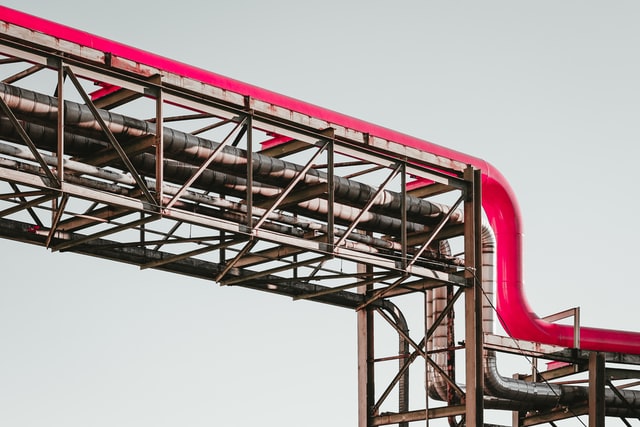The Algonquin Tribe
While I sometimes do own oil companies and drillers, because the world still runs on petroleum, I try hard to offset this with green energy and renewables. In London, I noted that recharging stations are now quite common in the Isle of Dogs where we stayed, used mostly but not exclusively by taxis. I admit that I am not a pure green because I own Royal Dutch Shell B (RDS-B) and BP (BP) shares as well as hydrogen and uranium and rare earth plays.

Photo by Martin Adams on Unsplash
I cover the waterfront because US policy is hard to predict.
My largest holdings in this sector are linked to Canada's Algonquin Power & Utilities, also a play on yields. It operates through 2 groups, one for renewables and one for regulated services. These do not only cover oil and gas, but also sustainable energy products, water and sewage, wind, solar, and hydroelectric power generating facilities in the USA and Canada. Total assets are about C$15 bn, and the yield is an attractive 4.34% in loonies. This beats inflation, which is why you want to own utes.
This year AQN the parent company is expected to boost its earnings by over 11% in Canadian money to 90¢/sh. This puts its p/e ratio at 21.9x which sounds high, but the explanation is that the market is already looking at 2022 earnings, which will be up about 13% to a p/e of 19.3x.
It does this because it has heavy debts which come to US$1 bn from its issuing new equity units, some of which we bought. AQNU shares earn 5.52% ($0.9688) in dividends, payable on Sept 14.
It also owns a chunk of Atlantica Sustainable Yield, a UK-based US dollar fund, with the ticker symbol AY which trades on Nasdaq. It yields 4.5% in US bucks. We own that one too. AQN uses this vehicle to cover lower payouts whenever they hit.
The Algonquin tribe of stocks produces nifty dividends and higher share prices. It is not a boring collector of power fees but a pioneer in crafting protection for its shareholders. In my opinion, the biggest risk here is not the company itself but the potential loss from the loony. It is now up about 12.5% in cash flow since the start of 2021, at US$300 mn from its dollar issue of 20 mn equity units. The issue cut the premium of AQN stock from its high of C$22.67.
However, the main AQN stock is down C$2.89 from its high. I tend to think Canada and the USA are more likely to walk together than other currency areas but there is no guarantee of course. But I think North America is more integrated than other country groupings, even within the European Union, or in different parts of Great Britain.
Speculative stock producing tangible yields are not exactly widely available, why I pick this outfit because renewable energy will be the winner over time.



